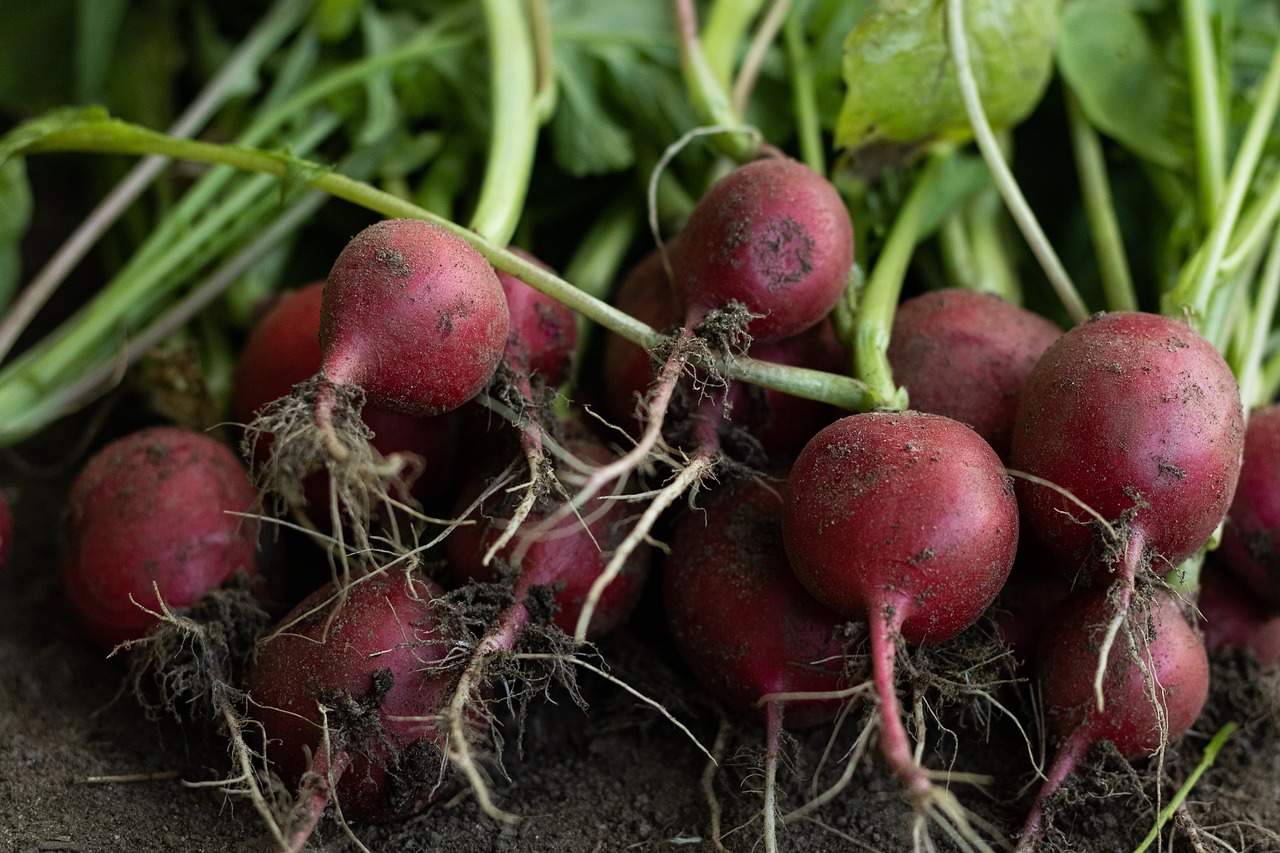Analyzing the Impact of Meat Processing on Food Security Solutions: Sky247 com login password, 11xplay new id sign up, Play99exch
sky247 com login password, 11xplay new id sign up, play99exch: Analyzing the Impact of Meat Processing on Food Security Solutions
In recent years, there has been a growing concern over the impact of meat processing on food security solutions. As the global population continues to grow, the demand for meat products has also increased significantly. This has led to a rise in the number of meat processing plants around the world. While meat processing plays a crucial role in meeting the growing demand for animal protein, it also raises important questions about its long-term impact on food security.
The process of meat processing involves slaughtering animals, separating the meat from the bone, and packaging it for distribution and consumption. While this may seem like a straightforward process, there are a number of factors that can have an impact on food security solutions. For example, the environmental impact of large-scale meat processing plants can be significant, leading to deforestation, water pollution, and greenhouse gas emissions.
In addition, the use of antibiotics and hormones in meat production can have negative effects on human health and the environment. Antibiotics are often used to prevent disease and promote growth in livestock, but their overuse can lead to the development of antibiotic-resistant bacteria. This can pose a serious threat to public health and food security.
Furthermore, the concentration of meat processing facilities in certain areas can have a negative impact on local communities. These facilities often create unpleasant odors, noise pollution, and traffic congestion, leading to decreased quality of life for residents. In some cases, communities may also be at risk of contamination from waste products generated during the meat processing process.
Despite these challenges, meat processing also plays a crucial role in providing affordable and nutritious food to a growing population. Meat is a good source of essential nutrients such as protein, iron, and vitamin B12, making it an important part of a balanced diet. In addition, meat processing facilities create jobs and stimulate economic growth in rural areas where they are often located.
As such, it is important to find a balance between the benefits and drawbacks of meat processing in order to ensure food security for future generations. This can involve investing in more sustainable practices, such as organic and grass-fed meat production, reducing the use of antibiotics and hormones, and exploring alternative sources of protein such as plant-based meat substitutes.
In conclusion, meat processing plays a complex role in food security solutions. While it provides essential nutrients and economic benefits, it also has significant environmental and health impacts. By carefully analyzing these impacts and taking steps to mitigate them, we can ensure a more sustainable and secure food system for all.
FAQs
Q: What are the environmental impacts of meat processing?
A: Meat processing can lead to deforestation, water pollution, and greenhouse gas emissions, among other environmental impacts.
Q: How do antibiotics in meat production affect food security?
A: Overuse of antibiotics in meat production can lead to the development of antibiotic-resistant bacteria, posing a threat to public health and food security.
Q: What are some sustainable practices in meat processing?
A: Sustainable practices in meat processing include organic and grass-fed meat production, reducing the use of antibiotics and hormones, and exploring alternative protein sources.
Q: Why is meat processing important for food security?
A: Meat processing provides essential nutrients and economic benefits, making it an important part of a balanced diet and an important driver of economic growth in rural areas.







